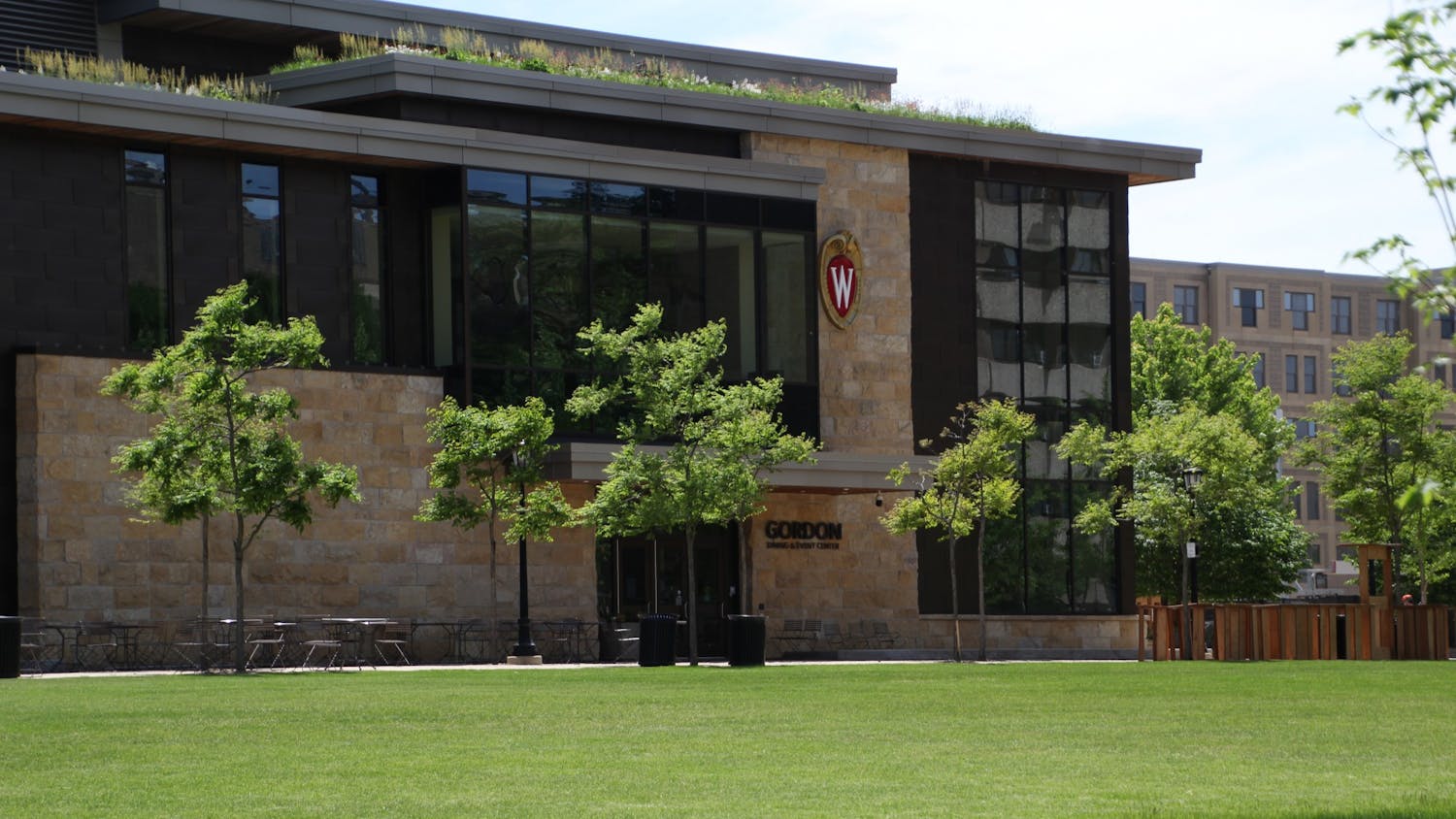UW admissions policies regarding race are currently being debated.While many state officials oppose affirmative action, proponents of ""comprehensive admissions,"" including Chancellor Wiley, believe it promotes diversity and equality.
However, one need merely to hear comments such as, ""she only got in because she's a minority"" or ""he only won that award because he's black"" to understand that affirmative action actually degrades minorities and reaffirms inequalities.
Equality simply means everyone gets treated the same. Not only does everyone have the same rights, but everyone is held to the same standards—no special treatment.
However, the very essence of affirmative action implies that minorities are incapable of meeting the standards expected of everyone else, and therefore need special programs to help them. It implies they are only able to succeed through babying and bending of the rules.
The purpose of college admissions guidelines is to make sure students' educational history prepares them for the rigor of the university, and in no way will a student's race contribute to making him or her more capable of handling coursework.
In fact, it is unfair to students to admit them to a university when their educational background, be it poor schools or poor grades, suggests that they are unprepared.
Some students may actually thrive and prove they are more capable than their previous educational opportunities suggest, but many students may be set up for failure. As state Sen. Glenn Grothman, R-West Bend, asked in the Wisconsin State Journal, ""Is our current system admitting some people who are flunking out of UW-Madison, who without these preferences [of race] would be graduating from UW-Oshkosh?""
Instead, minorities should prove their capabilities like everyone else when they are not admitted to the school of their choice: Go to another university or a technical college, and when these minority students prove their capabilities, they can transfer.
Obviously, however, there is a problem with the quality of education minorities are receiving. But this should be fixed from the ground up, improving the elementary, middle schools, and high schools, not from the top down.
Affirmative action merely distracts from the root of the problem, like putting a bucket under a leaky roof, when it would be much more effective to patch up the roof instead.
Furthermore, many white students suffer from the same social problems that keep minorities from attending college. Many white students come from uneducated families and low economic backgrounds, and it is just as difficult for them to graduate from high school and attend college. Yet no programs exist to give these students an advantage in college admittance.
But perhaps the biggest flaw of affirmative action is that instead of helping minorities with the fight for equality, it actually damages it.
Not only is it condescending, but it keeps race at the forefront of college students' minds. Instead of erasing racial differences, it highlights them.
This program disgruntles white students, and many start assuming all minorities are only in college because they received special treatment. Not only is this unfair to minorities, but it makes them have to continuously defend and prove themselves as deserving to be at college.
Imagine, for instance, how a black or Hispanic student who was in the top 10 percent of their class must feel when their peers constantly assume they are only at the UW because of affirmative action.
Minorities must keep demanding equal education not only at the local level but the college level, and this includes asking for the chance to prove their capabilities without special treatment or condescension.
Yes, demanding and receiving educational equality is easier said than done. But over the last decades great strides have been made, and perhaps doing away with affirmative action at UW, or replacing it with a more inclusive, fair program will be another step in the right direction.





